Submissions
Submission Preparation Checklist
As part of the submission process, authors are required to check off their submission's compliance with all of the following items, and submissions may be returned to authors that do not adhere to these guidelines.- The submission has not been previously published, nor is it before another journal for consideration.
- The manuscript has been prepared using the manuscript template and as directed in the Author Guidelines.
- The cover page has been prepared; this may be downloaded once the author has logged into the submission system.
- The submission declaration has been prepared; this may be downloaded once the author has logged into the submission system.
- The text adheres to the stylistic and bibliographic requirements outlined in the Author Guidelines.
- The manuscript is in OpenOffice, Microsoft Word or RTF format.
- Where available, DOIs (in the form https://doi.org/10.15641/ghi.v1i1.594) and URLs (for other electronic documents) for the references have been provided.
Copyright Notice
Global Health Innovation is a diamond open-access journal and works published in this journal is licensed under a Creative Commons Attribution 4.0 (CC BY 4.0).
The CC BY licence allows anyone to remix, adapt, and build upon one’s work, even commercially on the proviso that the author of the original work is acknowledged.
Privacy Statement
The names and email addresses entered in this journal site will be used exclusively for the stated purposes of this journal and will not be made available for any other purpose or to any other party.






